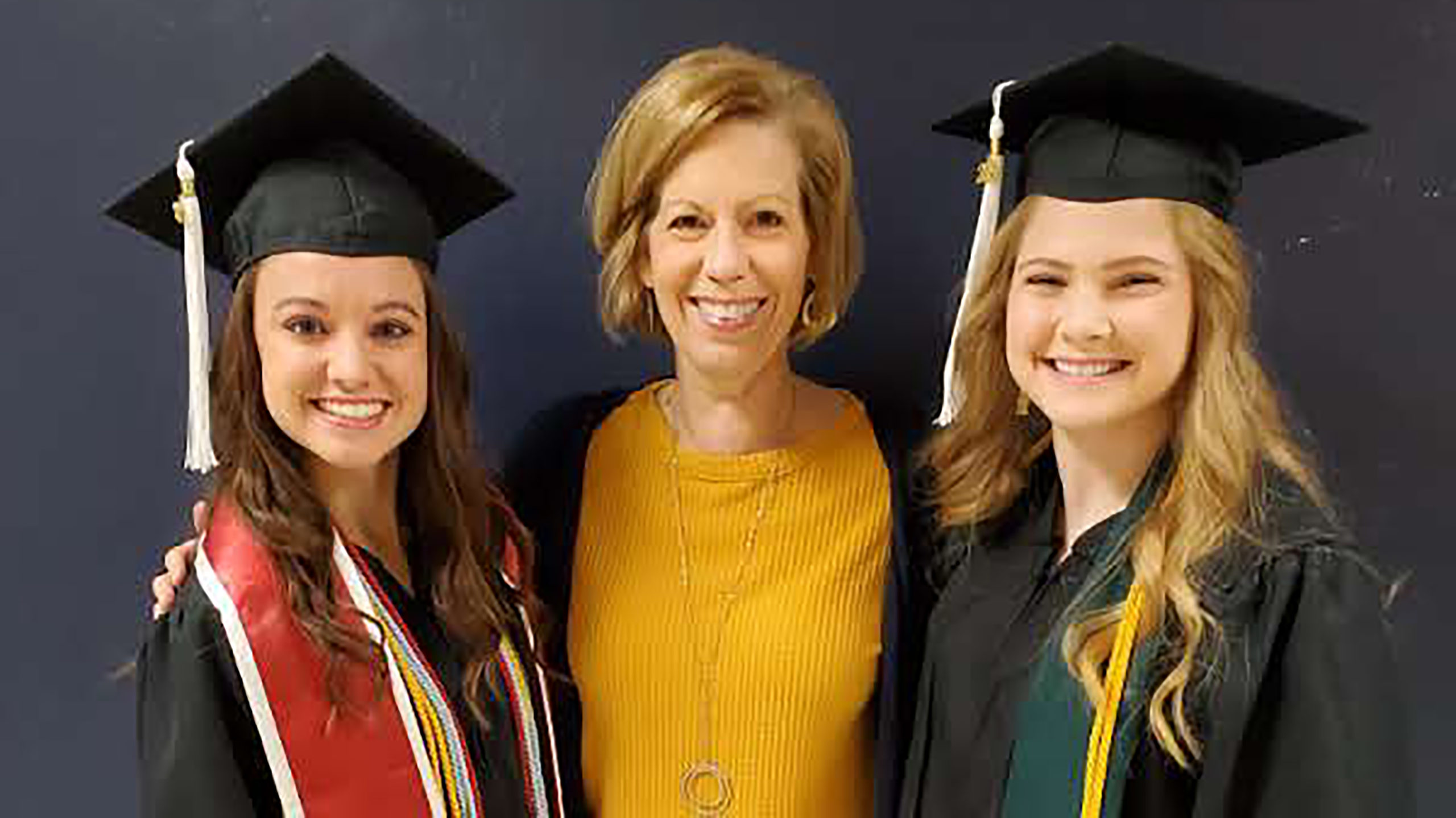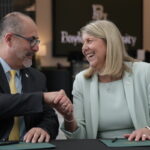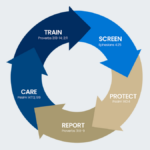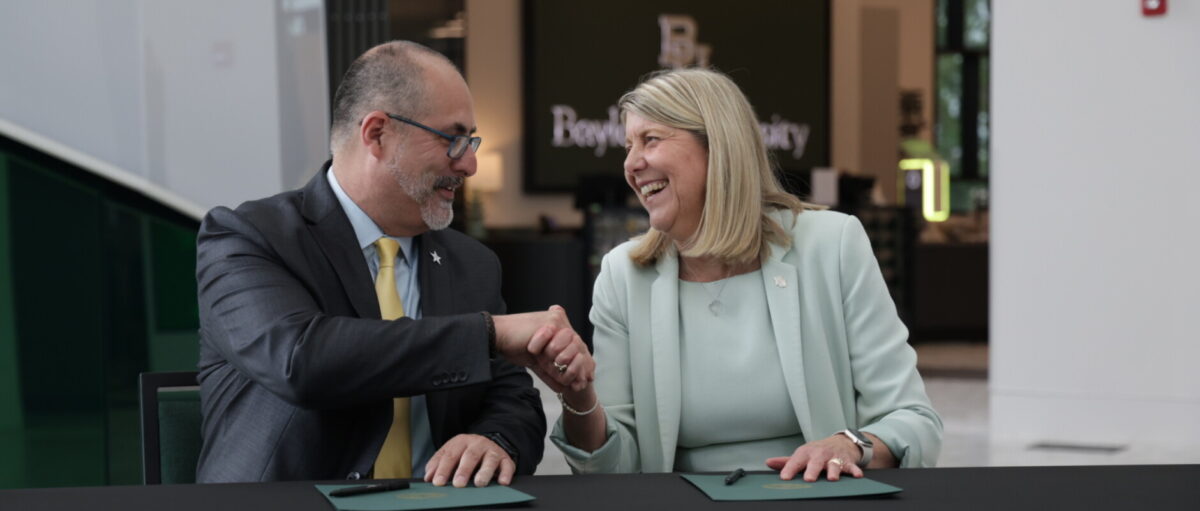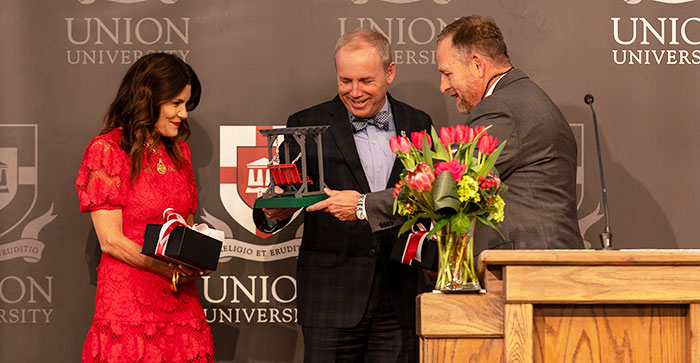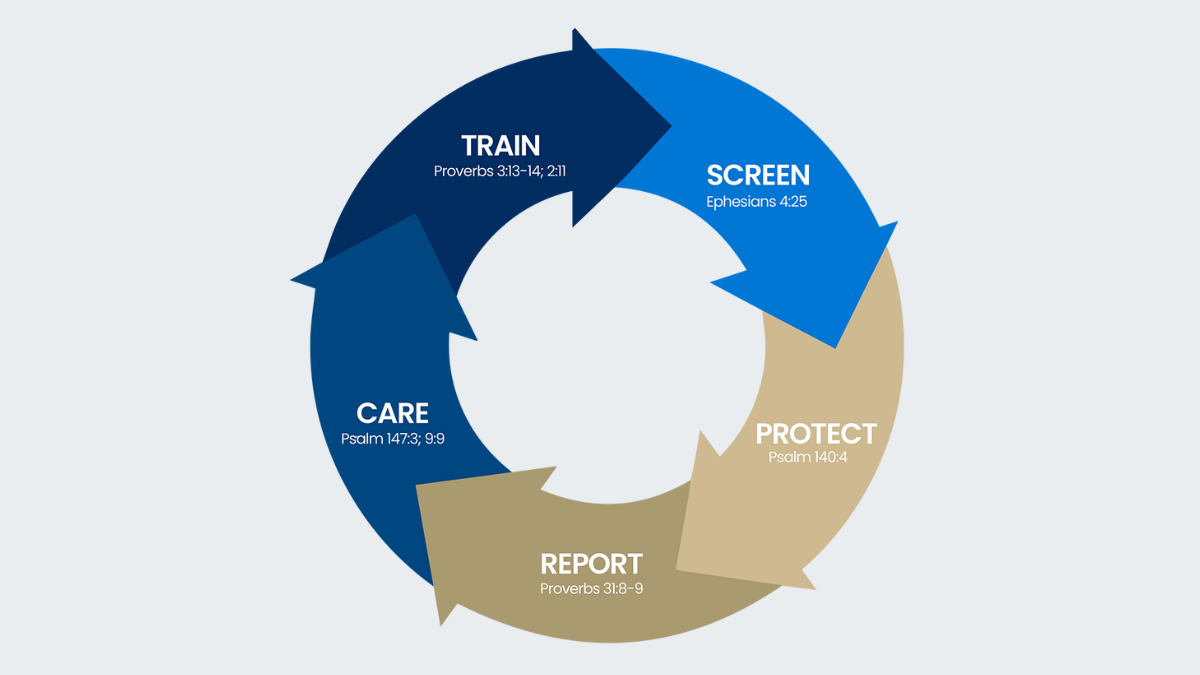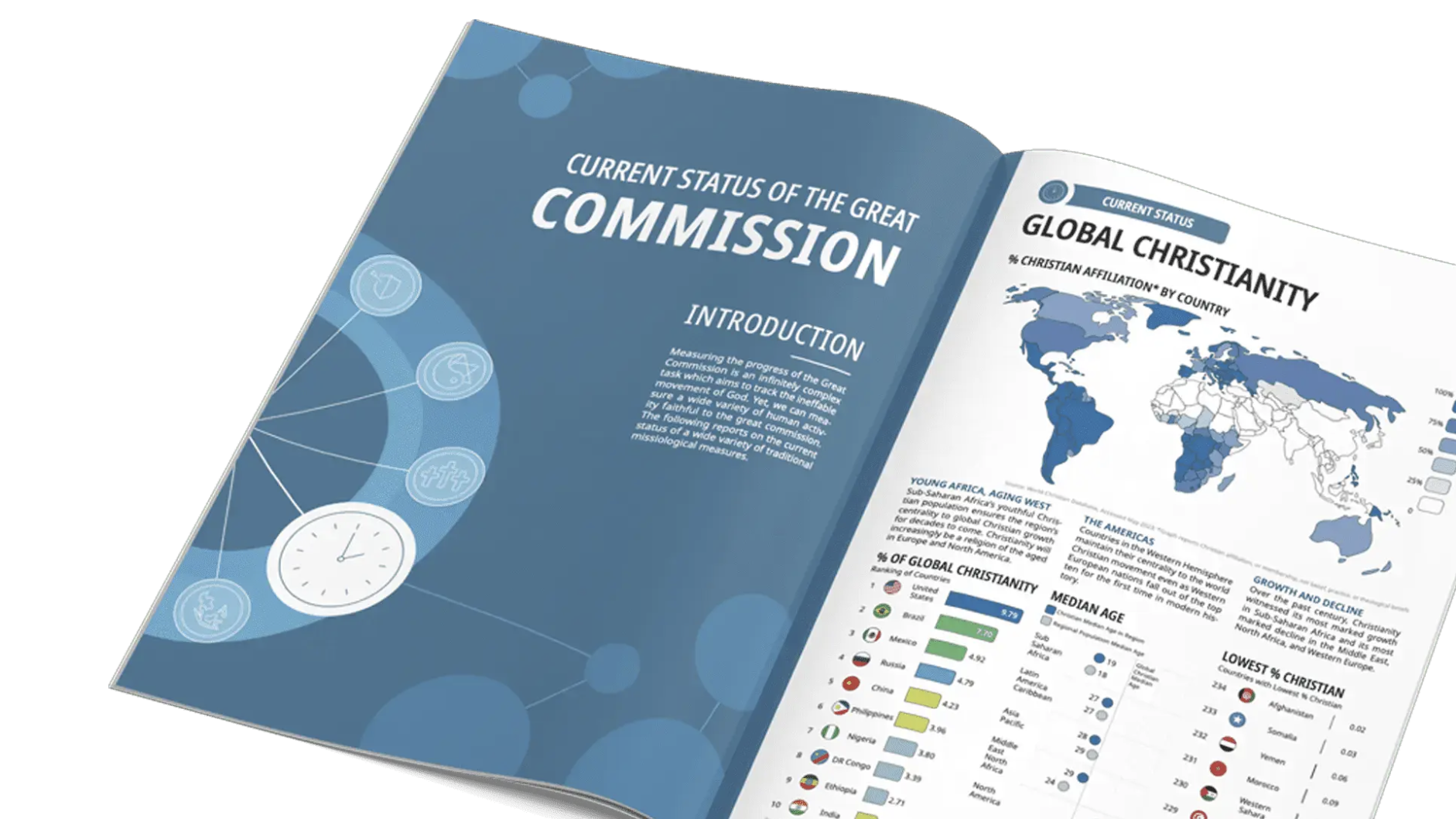In a recent podcast episode of Amplify: Conversations about Life and Faith, host Maggie Evans talked with retired high school and college counselor Carole Inman about interpersonal communication and the importance of listening.
Evans began the interview by asking Inman, who spent 14 years as a high school counselor and six years as a counselor at the Honors College at Murray State University in Kentucky, how she got involved in the lives of students and the impact those relationships had on her.
“I had some real connections with college students,” Inman said. “And I knew probably 500 of them. At least 80% of them I knew pretty well.”
She noted her job was very relational and she tried to make time for the students in an intentional way.
“I asked a lot of questions,” she said.
‘Listen with the ears of God’
Recalling her “life quote,” from pastor and theologian Dietrich Bonhoeffer, which affected the way she dealt with her students, Inman quoted, “We should listen with the ears of God that we may speak the word of God.”
“Christians have forgotten that the ministry of listening has been committed to them by Him who is Himself the great listener and whose work we must share,” Inman said. “When we pray, He’s listening to us and so we should be part of His work as Christians.”
When Inman met with students, she said she took that concept to heart.
“There’s a lot of pressure on students to decide what they’re going to be for the rest of their lives. My job gave me a window into students’ lives,” she said.
One difficult situation Inman described in her role as counselor involved working with transgender people, who sometimes, she explained, came to college one gender and left identifying as another.
“Honestly, what I found was, they were all great kids,” she said. “That was an eye-opening experience because sometimes we as Christians think they’re all trying to prove something.”
Inman said as she saw them struggling, her heart went out to them.
“They’re just trying to figure out life,” she explained. “The more you listen to them, the more you see beyond whatever sin struggle that is. I don’t know if there’s a big difference between what college students are struggling with and regular adults. They want the same thing. There could be some specifics, some nuances.”
Meaningful connections
“The bottom line is, we all want connection, meaningful connection with others.”
Inman mentioned another quote that helped her develop better listening skills as she worked with others in their personal struggles.
“Listening is so much like loving that it’s hard to tell the difference,” she said, adding it’s important to just “be there” for someone process their thoughts with and encourage them.
“You don’t have to have a certain skill,” Inman said. “I think God has called us all to do this with the people in our lives. We have to be willing to risk ourselves and dig a little bit deeper, which — I have to admit — I struggle with that. I’d rather dig deeper in someone else’s life.”
In one specific relationship Inman had with an international student, she described how even after the man left the college she kept in contact with him through a difficult time.
“Probably three years ago we had an Afghan student who was getting his master’s [degree],” she recalled. “He had to go back to Afghanistan and he’s been there in Kabul, during the takeover, and I’ve been messaging him on Facebook every day.”
Inman admitted that at the beginning of her relationship with him she didn’t realize she would retain such close contact. But when we decide to connect with someone, “we never know where those relationships are going to take us,” she said.
“Maybe it even changes us more than the person we’re listening to.”
To hear the entire interview visit www.thealabamabaptist.org/explore/podcasts.

